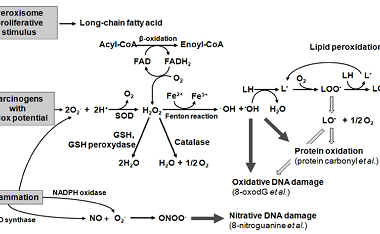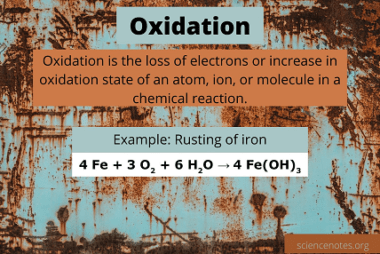Oxidation
Oxidation of biomolecules refers to a process in which electrons are lost from a molecule, leading to a decrease in its energy content. Biomolecules such as carbohydrates, lipids, and proteins can undergo oxidation in the presence of oxygen, which is a strong oxidizing agent. Carbohydrates, for example, can undergo oxidation to produce energy in the…


